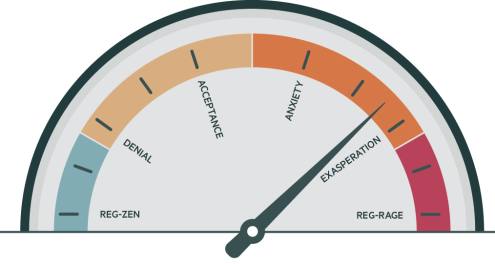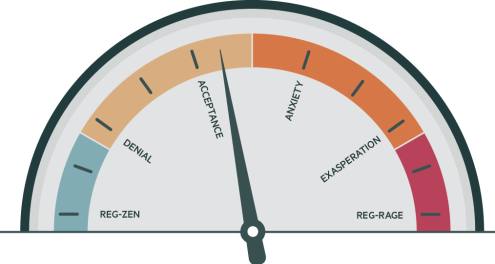What is happening?
The UK government is weighing up whether to create a ‘mega-supervisor’ to oversee all anti-money laundering (AML) and counter-terrorism financing supervision (CTF), under proposals from the Treasury. This new supervisor would replace the existing patchwork of regulators: the Financial Conduct Authority, the Gambling Commission, HMRC and 22 other bodies that supervise the legal and accountancy sectors.
The move is the most radical out of four options being considered. The three other regime changes under consideration are:
- beefing up the existing Office for Professional Body Anti-Money Laundering Supervision;
- merging the 22 public body supervisors that currently oversee lawyers and accountants; and
- creating a single supervisor for lawyers and accountants, and potentially other professionals.
Why is it happening?
The UK is cracking down on dirty money. Since Russia’s invasion of Ukraine in February 2022, the UK government has sanctioned more than 1500 individuals and entities.
A 2022 government review found that sanctioned entities are taking advantage of weak, fragmented supervision.
John Glen, economic secretary to the Treasury, wrote in the review: “Dirty money continues to find its way into the UK’s economy. So we must go beyond mere tick-box compliance and build a thorough and dynamic system of controls which responds to the real risks that we face.
“We must increase accountability, improve oversight, share more information, and not be afraid to intervene where necessary to improve outcomes.”
The Treasury says in its proposal, published at the end of June, that “some weaknesses in supervision may need to be addressed through structural reform”.
What do the bankers say?
This is one of the boldest ideas from the government to tackle dirty money. Writing for Banking Risk & Regulation, Matthew Russell, financial crime partner at Ashurst Risk Advisory, says: “The UK's current anti-money laundering regime is ripe for an overhaul. Now is the time for bold action.”
The current system is fragmented, with oversight for AML and CTF divided among different regulatory authorities and self-regulatory organisations. A central mega-supervisor is therefore welcomed in some quarters.
Rory Doyle, senior financial crime policy manager at compliance specialist Fenergo, says: “This [division] can lead to inconsistent enforcement, coverage gaps and a lack of unified strategy. The regulatory landscape’s complexity adds to the problem, with changing requirements and the rapid growth of digital financial services and virtual assets often operating beyond existing regulations.”
Some experts warn, however, that a single, fully public supervisor could run the risk of political interference. Nick Henderson-Mayo, a director at compliance and AML software provider VinciWorks, explains: “In the recent row over Nigel Farage’s bank accounts, we’ve seen a concerted effort by government ministers to take pot-shots at the Politically Exposed Persons regime and demand FCA investigations of a cornerstone of international AML best practice.”
Will it provide the incentives?
The success of a new supervisor would depend on its resources. Banks in the UK would almost certainly face uncertainty; in fact, a recent survey by financial and risk advisory firm Kroll found that a third of respondents identified changing regulations as a challenge for sanctions compliance programmes.
A single AML authority would have a better bird’s-eye view of AML-related data across the array of institutions that it regulates, which it could use to generate insights. Regulatory investigations could be streamlined.
If, for example, a fraudster buys a villa today with their ill-gotten gains: the proceeds of crime would flow through the vendor, an estate agent, perhaps a lawyer and probably a bank. All may be regulated by a different supervisor. A central supervisor would be accountable for both the effectiveness and efficiency of this process.
More broadly, however, a centralised supervisory system could improve compliance standards in the UK and help tackle money-laundering, thus improving the UK’s standing as a global financial centre. Matt Long, global head of financial crime solutions at global data and analytics software company Quantexa, says: “This is a more comprehensive approach to getting a more targeted and singular approach to supervision. This is a global shift, and it’s great to see the UK part of that.”
The Treasury’s consultation closes at the end of September. Fill out its survey here or email responses to Anti-MoneyLaunderingBranch@hmtreasury.gov.uk.
Farah Khalique is the editor of Banking Risk & Regulation, a service from the Financial Times.






